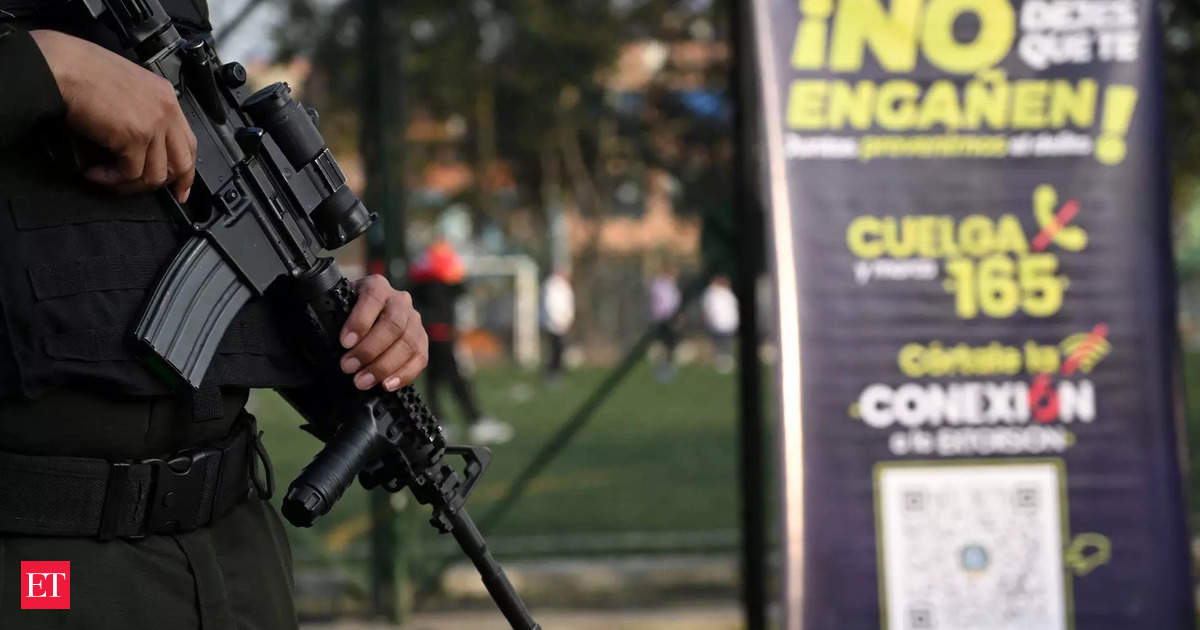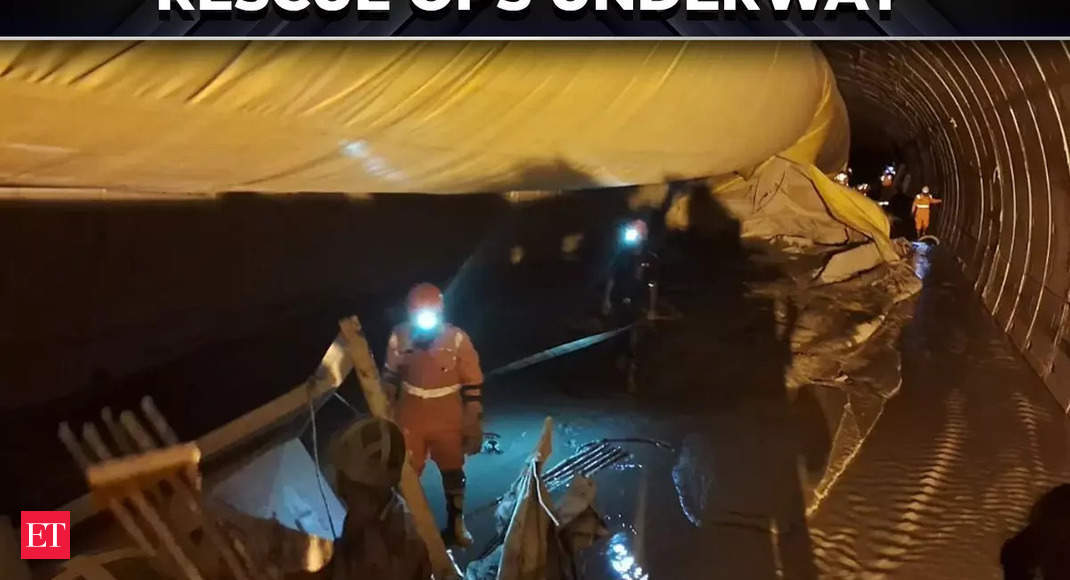Extortion in Manipur has reached alarming levels, with traders and businessmen being pressured to sponsor arms for various militant outfits. The violence in the region has led to the emergence of several organizations or fringe elements that operate like armed cadres and self-style themselves as civil society groups. These groups claim to fight for their respective communities’ causes.
A businessman from Thoubal, who wished to remain anonymous, shared his experience with Economic Times. He received a call from a popular organization in the valley, asking him to procure an AK-47. When he expressed his lack of knowledge and asked about the cost, he was informed that it would range between Rs 2 lakh and Rs 3 lakh. The organization continued following up with phone calls.
Another trader dealing in groceries revealed that some militant outfits demanded charges per truck entering the valley, similar to those in Nagaland. The price was set at around Rs 20,000 per truck.
Traders and businessmen in Manipur face repeated demands from various outfits, impacting their lives and livelihoods. One businessman mentioned that he had to shift his base from Manipur due to the constant demand for payments. Fringe elements charge for shops, godowns, and residential places, and their demands go unanswered by the administration. Police detain the cadres temporarily, but they are released within 15 minutes, allowing them to resume their activities.
A trader from Imphal expressed hope that the upcoming elections would bring relief to the violence-ravaged state. The prolonged violence in Manipur has revitalized militant outfits, and the business community has become the target of extortion demands.
The normal functioning of businesses has been severely affected by curfews and unrest. Additionally, demands for extortion from militant outfits and their overground organizations have worsened the situation for traders and businessmen. Contacting security forces has proved futile for the traders, as they seem helpless in dealing with the issue. Though patrol and security pickets are occasionally set up, the situation quickly reverts to its previous state.
Traders receive extortion demands almost every day from different outfits and overground organizations. The demands range from Rs 5 lakh to Rs 10 lakh, making it impossible for the traders to comply with the extortionists’ requests.
Many traders have been left with no choice but to relocate due to the unfavorable conditions. Curfews and violence have brought business activities to a halt, and complying with multiple extortion demands in such circumstances is almost impossible. Traders have reported instances of militants approaching them with arms in shops and godowns. Non-fulfillment of demands has led to the planting of grenades, and militants sometimes disguise themselves as security forces to intimidate the traders.
Manipur is home to several militant outfits, including Kuki militant groups and valley-based outfits such as the United National Liberation Front (UNLF), People’s Liberation Army (PLA), and Kanglei Yawol Kanna Lup (KYKL). Security agencies have noticed increased activity among these outfits in the wake of the violence.
Since May 3 last year, Manipur has witnessed multiple incidents of arms looting. The state has two Lok Sabha seats, Inner Manipur and Outer Manipur (reserved for tribals), with polling scheduled in different phases.
Chief Minister N Biren Singh recently addressed the issue of arms and ammunition looting, mentioning the recovery of a significant number of arms and ammunition through joint efforts by the police, Indian Army, Assam Rifles, and other paramilitary forces.
Governor Anusuiya Uikey stated that the violence caused 219 fatalities and displaced more than 60,000 people. The state government has registered approximately 10,000 FIRs and handed over 29 cases to the CBI and one case to the NIA for independent investigations, aiming at transparency.
The ethnic violence in Manipur erupted on May 3, 2023, following a tribal solidarity rally that turned violent in Churachandpur district. This triggered retaliatory violence between the Chin-Kuki-Zo and the Meitei communities across the state.









